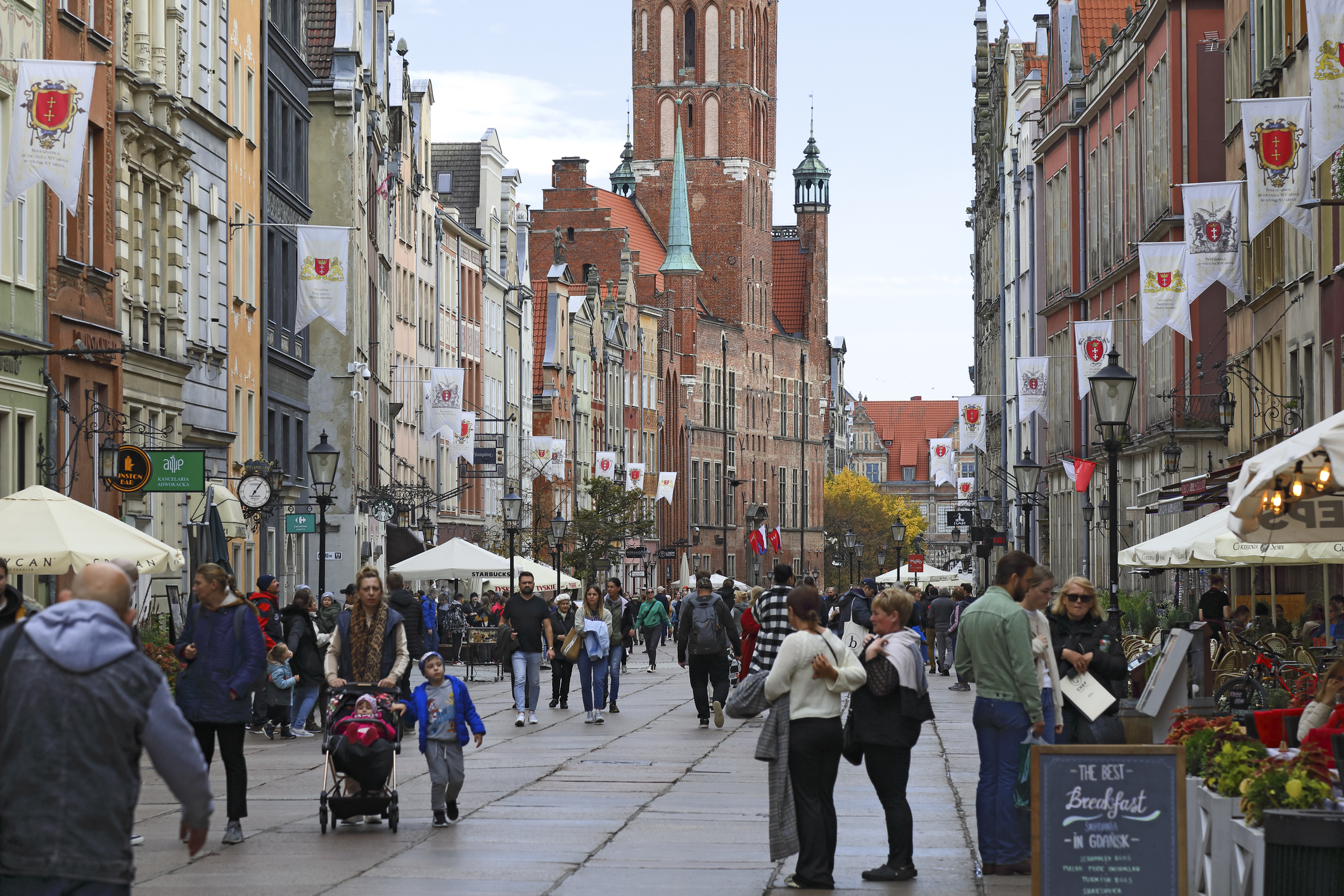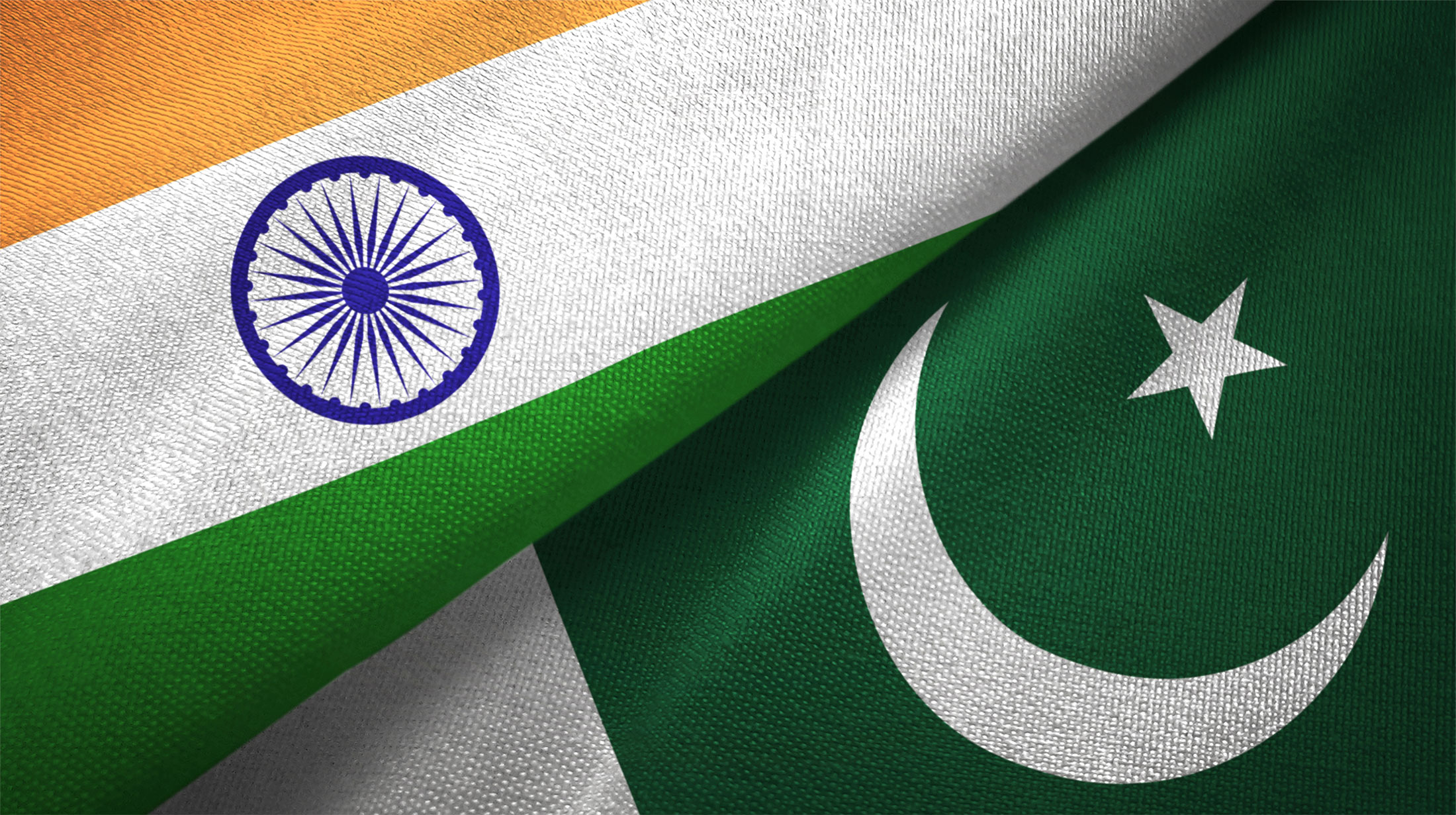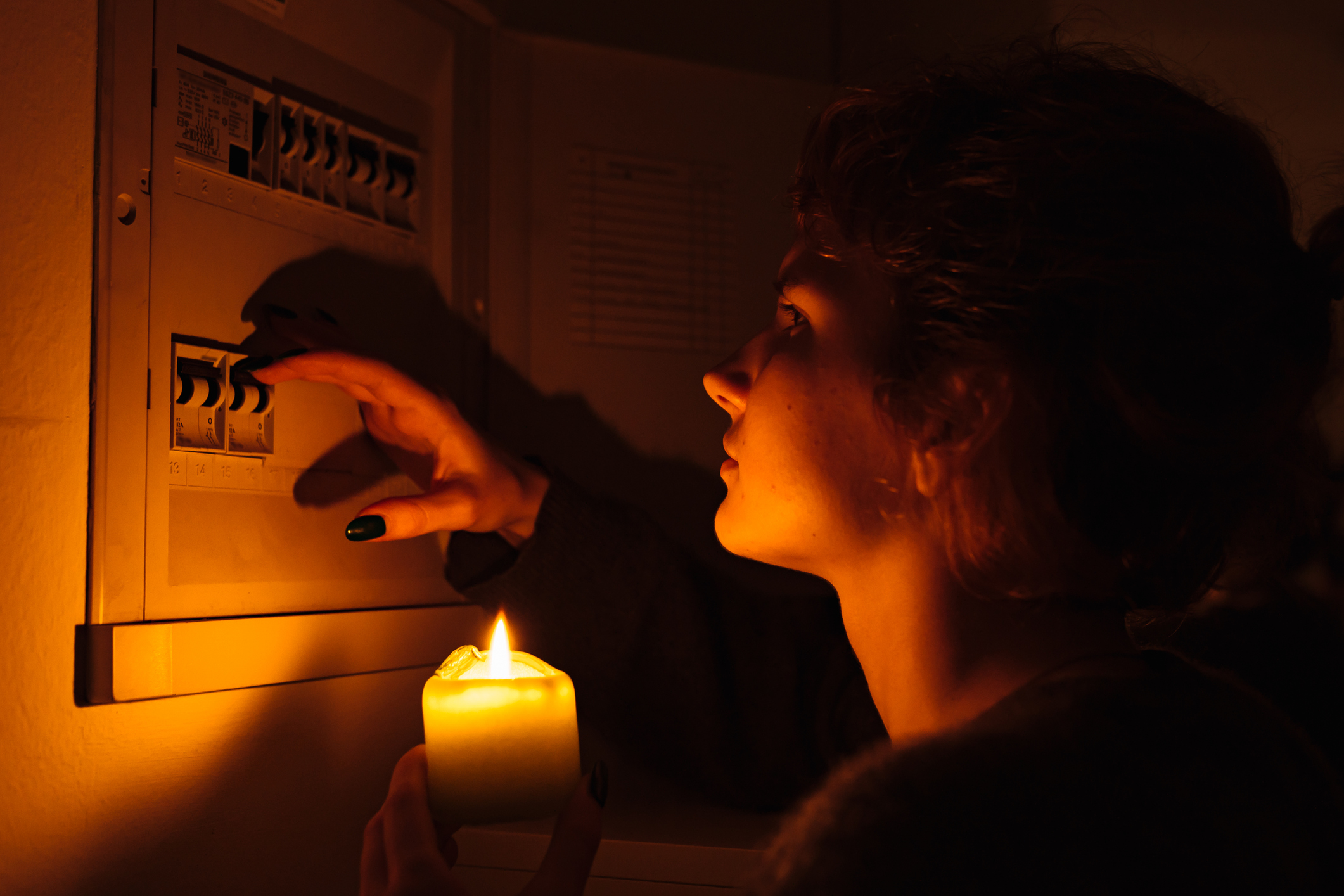IRAN HEADS TO RUN-OFF VOTE ON FRIDAY (JULY 5)
The only reformist candidate on the June 28 presidential election ballot, parliamentarian Masoud Pezeshkian, scored a slim lead (43%) over his leading hardline competitors (39% for the former nuclear talks chief negotiator, Saeed Jalili), with Parliamentary Speaker Qalibaf taking slightly more than 13% of the remainder. However, Pezeshkian’s failure to secure the 50% majority needed to avoid a runoff vote on 5 July means that only a substantial turnout by the reform minded public or massive defections from Qalibaf supporters who do not like Jalili can prevent the former nuclear talks negotiator from becoming the next president. What is certain is that many Iranians are disillusioned with Iranian politics and politicians. Period. Officially, the voter turnout was less than 40%. This was the lowest in history, even though opposition figures argue that even this number was far too high.
Comment: Pezeshkian may have received the most votes on June 28, but he is certain to recognize that this was because of the split in the conservative camp. Going into the runoff on July 5, he will try to convince eligible voters, who shunned the ballot box during the first round, to cast their votes this time. Historically, low voter participation has usually resulted in a conservative victory. In this sense, the June 28 vote was an anomaly. Nonetheless, mindful of broader historical precedent, Jalili’s team is trying to win over Qalibaf’s supporters rather than focus on promoting higher turnout which might not favor his candidacy. However, this strategy is not going well. Up to a third of these supporters are believed to be throwing their support to Pezeshkian. Vote manipulation might have to be his Plan B.
As long as Ali Khamenei remains Supreme Leader, Iran’s current foreign policy, based on the concept of “axis of resistance”, will not change. Why should it? From Tehran’s perspective, it has been remarkably successful, because it has allowed Iran to project power with remarkable impunity and without negative consequences. As the June 28th election approached, for instance, the Houthis in Yemen stepped up their disruptive attacks on commercial shipping in the Red Sea, while Hizballah forces in Lebanon were involved in their most serious clashes with Israel since the 2006 war between Israel and Hizballah. Pezeshkian has spoken about reviving nuclear diplomacy to reduce western sanctions, but without Khamenei’s support, the current status quo will prevail. End Comment.
FRENCH ELECTION: RUN-OFF CLIFF HANGER ON SUNDAY (JULY 7)
Voters have spoken in the first round of the crucial French legislative election, paving the way for a tense, several days of campaigning before the runoff on Sunday, July 7. Projections based on exit polls show an absolute majority is within reach for Marine Le Pen’s National Rally (NR). That would force Emmanuel Macron, the French president, into appointing the first democratically elected far-right government in France’s modern history.
But as Le Pen put it on June 30, “nothing is won” for her party. Who will compete in the second round remains unclear. It will depend on how each party acts in the face of a possible far-right win, leaving key political players with burning headaches this week before Sunday’s final round. Here’s what the results mean for the main players:
Marine Le Pen: Looking strong. The NR obtained its strongest-ever finish in the first round of a nationwide election with 33% of the votes cast. It won dozens of seats even before the second round, including that of its presidential candidate Marine Le Pen, who secured her seat with more than 50 percent of the vote in her home turf of Hénin-Beaumont, in Northern France. Her sister, Marie-Caroline Le Pen, finished first in the western region of Sarthe, in what used to be a bastion of more conventional center-right candidates. However, Le Pen conceded that the second round on Sunday will be decisive.
Jean-Luc Mélenchon: A Strong Second. The left-wing alliance of France Unbowed, the Greens and the Socialists made a strong showing with 28 percent of the vote but has little chance of gathering a workable majority. The alliance, called the New Popular Front, is a rebooted version of the 2022 Nupes alliance, which was masterminded by hard-left firebrand Jean-Luc Mélenchon.
Emmanuel Macron: Beaten and bruised. Without a doubt, the biggest loser of the night was Macron and his allies. Significantly trailing both of its key rivals, the centrist coalition lost dozens of the 250 seats it currently holds in the National Assembly, with no prospect of forming a new governing coalition. The presidential camp was eliminated in nearly half of all districts and came third in the balloting with barely 21% of the total.
Next Steps: In the French system, any candidate who gets more than 12.5% of registered voters in their district makes the runoff. With an historically high turnout, this procedure impacts fully 301 of the 577 districts in the country. In many of these, the leading candidate was the NR candidate, with the second, third (and sometimes fourth) candidates drawn from the other parties or coalitions. Now both Macron and leftist leader Mélenchon, eager to avoid an NR win could be prompted to bow out of the race and put their weight behind the candidate best positioned to beat the far right.
Comment: We will have to wait until Sunday night to see if this gamble does better than President Macron’s call for snap elections. That effort is shaping up to plunge France into political, social, and economic turmoil, with global repercussions. There is a good possibility that France will enter a period of prolonged governmental gridlock. The three earlier instances, where there were governments of co-habitation, never proceeded smoothly. In this instance, the heretofore powerful Franco-German engine of European integration would likely be upended, which could have long-term negative consequences for Europe’s future.
During the electoral campaign, and earlier statements by Le Pen personally over the past few years, the NR has ditched its more virulent, Eurosceptic proposals, such as pulling France out of the Euro or advocating FREXIT. Nevertheless, Le Pen’s advocacy of a “different” Europe is still lacking in any tangible definition. In recent days, Jordan Bardella, Le Pen’s 28-year-old protégé and nominee for the job of prime minister if he receives more than 50% of the vote on Sunday or manages to scrape together a coalition government, has backed away from other less extreme but potentially volatile pledges, as well. While the NR remains hostile to the idea of Ukraine joining either NATO or the EU, Bardella now insists that that his party will no longer advocate France’s exit from NATO’s integrated military command as long as Russia continues its war with Ukraine. Moreover, Bardello suggested that the NR would respect the military budget for 2024-30, a move which will please the French military. However, he will not support the sending of French troops to Ukraine nor is he likely to continue to supply Ukraine with missiles which can reach Russian territory. In short, even if Macron remains President, Moscow will be very pleased by these election results, especially if the NR is in the legislative driver’s seat. End Comment.
INCREASED INSTABILITY IN THE KOREAN POWDER KEG?
North Korea’s propaganda chief, Ms. Kim Yo Jong (who is also the powerful sister of the country’s dictator, Kim Jong Un) is angry at balloons carrying leaflets and usb sticks loaded with K-pop music sent northward by South Korean citizens. In response, she has returned more than 2,000 balloons, each carrying around 20 pounds of detritus consisting of paper, old clothes, and human feces across the border since May 28th. The most recent bouquet, numbering around 350 balloons, started arriving on June 24th. Ms. Kim has warned that she is responding to the “goblins of liberal democracy” in South Korea and that they will receive many more balloons in return for those they send towards the North.
Comment: South Korea has a history of floating balloons across the border. Its government once used them to send propaganda—including pictures of scantily clad women encouraging North Koreans to defect—but stopped doing so in the early 2000s. Activists then stepped into the breach, launching balloons carrying leaflets and usb sticks loaded with pop music. These exchanges are risky, but unlikely to cause a war. Some of the rubbish from the North’s most recent bunch landed not far from the office of Yoon Suk Yeol, the South’s president, in Seoul. He often promises to meet provocation with retaliation much graver than the initial blow. North Korea makes similar threats. However, it is other events that have put the two sides on guard: They include Kim Jong Un’s recent state visit by Russia’s President Putin, and by their new ‘security’ agreement. US/Korean/Japanese maneuvers near North Korea also sent a strong message back. Meanwhile, there have been warning shots fired by soldiers from the South at North Korean soldiers doing construction work in the DMZ (demilitarized zone) separating the two countries. End Comment.
SHORT TAKES:
South Africa unveils new coalition cabinet. President Cyril Ramaphosa presented his new cabinet on June 30, after his ruling African National Congress (ANC) lost its majority for the first time in three decades in last month’s elections. The ANC will retain 20 out of 32 posts, along with key ministerial positions such as defense and finance. Former opposition party Democratic Alliance (DA) will hold six posts (including the Home Office), with the remaining six posts split amongst smaller parties. Ramaphosa pledged to prioritize economic growth.
Comment: Everyone is asking whether this new cabinet (a) will respond to the widespread call for ‘change’ and (b) address the root problems facing the public, including housing, energy, and jobs. Most observers are resolute in responding with a fervent “NO” to both queries. End Comment.
Belize: Rising Safety Concerns. The government announced it was extending a state of emergency order from 30 to 90 days after a surge in violent crimes and gang-related murders. Nearly 100 people have already been arrested, and a nightly curfew for the under-18s has been implemented.
Comment: This decision, while probably necessary, is concerning because continued lawlessness can provoke governments into taking harsh measures which become difficult to rescind. These events threaten tourism, not to mention foreign investment, which are the keys to maintaining social stability which is now at risk because of threats posed by increased drug use and gang-related violence. End Comment.
Some Good News for Turkey and Money: The world’s top anti-money laundering watchdog removed Turkey from its ‘grey list’, after determining that the country had made significant improvements to prevent money laundering and terrorism financing in its banking system. Unfortunately, both the UAE and Monaco have been added to this list.
Comment: This development should (quite rightly) please President Erdogan and his government which has been fighting a grave economic crisis for the past several years. Turkish authorities believe that this decision should draw greater international investment to the country – which it should (if the region quietens down on the war front). End Comment.
Chinese Drug Precursors Hitting Europe, too. Italian authorities have reported that they have seized more than six ton of chemical “precursors” (worth $678m) that could have been used to make illicit drugs, such as ecstasy. Italy’s customs agency said it was investigating a Milanese entrepreneur who shipped them from China.
Comment: Europe has managed, thus far, to escape a drug epidemic on the scale of that in the United States where Chinese precursors for fentanyl are arguably to blame for a drug epidemic which has claimed more than 100,000 lives. Still, drug overdoses are becoming more prevalent, and this problem – especially as it relates to precursors of Chinese origin – is likely to be added to the list of complaints raised during EU trade talks with Beijing. End Comment.




